Better late than never! We were at a loss for content to post in honor of Earth Day until we switched on the radio and were blown away by the words of Vanada Shiva and Maude Barlow on Democracy Now. We sincerely support the efforts of these two forward thinking women and indeed much of the content on this site we consider to be the result, though perhaps not directly, of a very similar set of values and world views expressed in their teachings.
Please listen to the imbedded link below when you have a moment. Highlighted portions of the inteview (those that pertain most directly to Animal Architecture) are included below.
Happy Belated Earth Day (every day should be Earth Day)!
AMY GOODMAN: As the world celebrates Earth Day, Bolivia is about to pass the world’s first law that grants nature equal rights with humans. The Bolivian delegation to the United Nations urged the global body to adopt a similar law during this week’s Harmony with Nature conference.
DAVID CHOQUEHUANCA: [translated] The United Nations is revolutionizing the way we look at our planet. At the moment, various issues are being receded in the United Nations, and we have begun to discuss the idea of declaring an official International Day of Mother Earth. And we will also soon be discussing what are the rights of Mother Earth.
AMY GOODMAN: That was the Bolivian foreign minister speaking in New York City about the Harmony with Nature dialogue at the United Nations.
This week also marks the one-year anniversary of the BP oil spill; next week, the 25th anniversary of the Chernobyl disaster. Radiation levels around the Fukushima nuclear plant in Japan remain high. As these disasters multiply, Latin American countries such as Bolivia have taken the lead in adopting measures to protect the environment. Ecuador has also adopted a resolution protecting nature.
We speak with two renowned environmental justice activists: Maude Barlow and Vandana Shiva. Maude Barlow is the head of the Council of Canadians, Canada’s largest public advocacy organization. Barlow is also co-founder of the Blue Planet Project and chair of the board of Food and Water Watch. Vandana Shiva, world-renowned environmental leader, feminist and thinker from India, is the author of many books, including Earth Democracy: Justice, Sustainability, and Peace and Staying Alive: Women, Ecology, and Development.
I started our conversation by asking Vandana Shiva about the nuclear catastrophe in Japan and what it has meant for India, where major anti-nuclear protests have been sparked, in which one protester was killed. I asked her to explain what happened….
VANDANA SHIVA: … what I love about the rights of Mother Earth is we’re overcoming the separation between humans and nature that was built into the Cartesian thinking that nature is out there and we are out here, but also the kind of divisive separatedness that Cormac [Cullinan] pointed out yesterday at the United Nations conference on Harmony with Nature. He said, “I began my life fighting apartheid, and apartheid means separateness—separateness on the basis of color.” I think separateness is the disease of the past. It’s the dinosaur in the intellectual frame. Separateness was a very artificial imposition. Most civilizations of the world, for most of human history, have seen the world in terms of relatedness and connection. And if there’s one thing the rights of Mother Earth is waking us to, is we are all connected. And it’s in that connection we can’t have arrogant solutions, like nuclear is clean. Just because you don’t see the radiation doesn’t make it clean. Fukushima has become like Chernobyl, and that, the Japanese government is recognizing.
And Further…
AMY GOODMAN: Vandana Shiva, you’ve been taking on corporations in India and around the world, but talk about the corporatization of nature.
VANDANA SHIVA: I think the consequences of the corporatization of nature is, first and foremost, that at a time where we should be recognizing the integrity of nature, the prior rights of nature, nature’s generosity, the generosity of the earth to provide us life itself, we are going headlong into the path of hallucination, where we’ve assumed we are not just separate, but we are continuing the idea of mastery and conquest over nature, adding to the technological tools, like the idea that we can control nature through nuclear power. Now we want to control nature through market mechanisms and commodification.
Why is that wrong? Firstly, it’s wrong because nature is too rich, too diverse. We know too little about it. So, whatever price we’ll put will be partial. It’ll never catch the whole story. We have not even begun to find out the soil organisms that give us food. We don’t know how different species hang together in a forest to create that amazing biodiversity of the forest. So it will be linear. It will just be just carbon functions, when that’s not the only function of a forest. And it will definitely not take into account the integrity of species. I started Navdanya and saving seeds when I found out that corporations wanted to patent life, when life is not created by them. It is created sui generis. It is part of creation.
But there’s a second problem with the commodification of nature. And that is that it gives a new legitimacy to appropriate and alienate the resources that support people’s lives, especially the resources of the poor. So, what do we see with this new thinking of commodification of nature? We see the biggest land grab that Africa has ever seen, much worse than anything that happened during colonialism. In India, the land grab for mining, for nuclear power plants, for steel plants, is literally becoming a war zone. There’s a green hunt that’s being implemented. Our dear, dear friend, Dr. Binayak Sen, someone like us, was thrown into jail for life imprisonment. Thank goodness the Supreme Court just a few days ago granted him bail, saying that if you carry literature on Marx, it doesn’t make you a Naxalite, just as much as carrying Gandhi’s biography doesn’t make you a Gandhian.


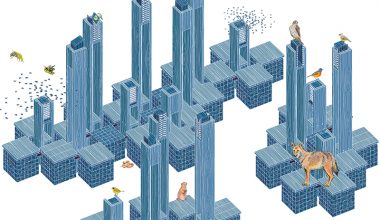
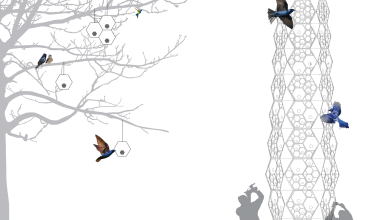
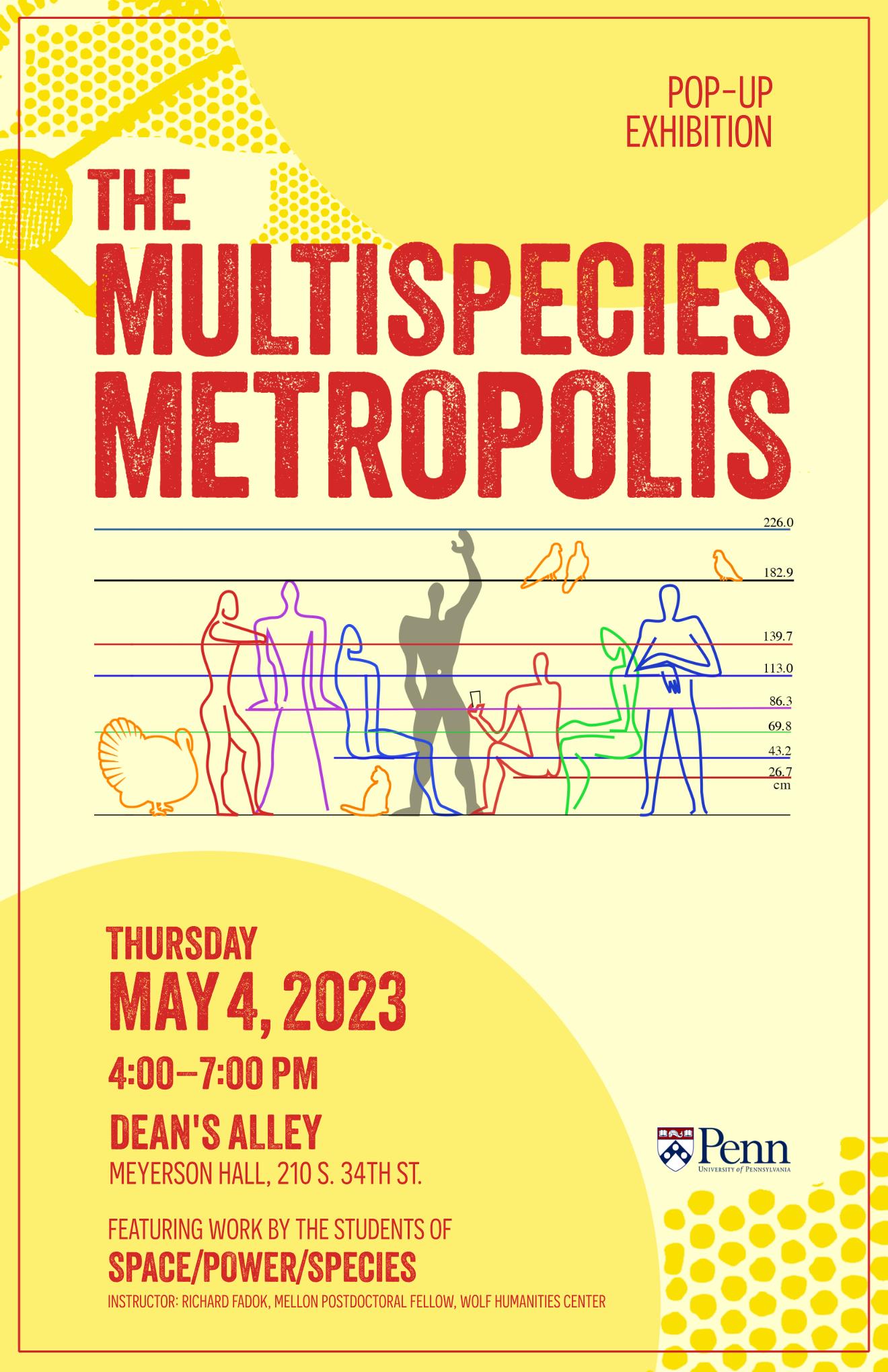
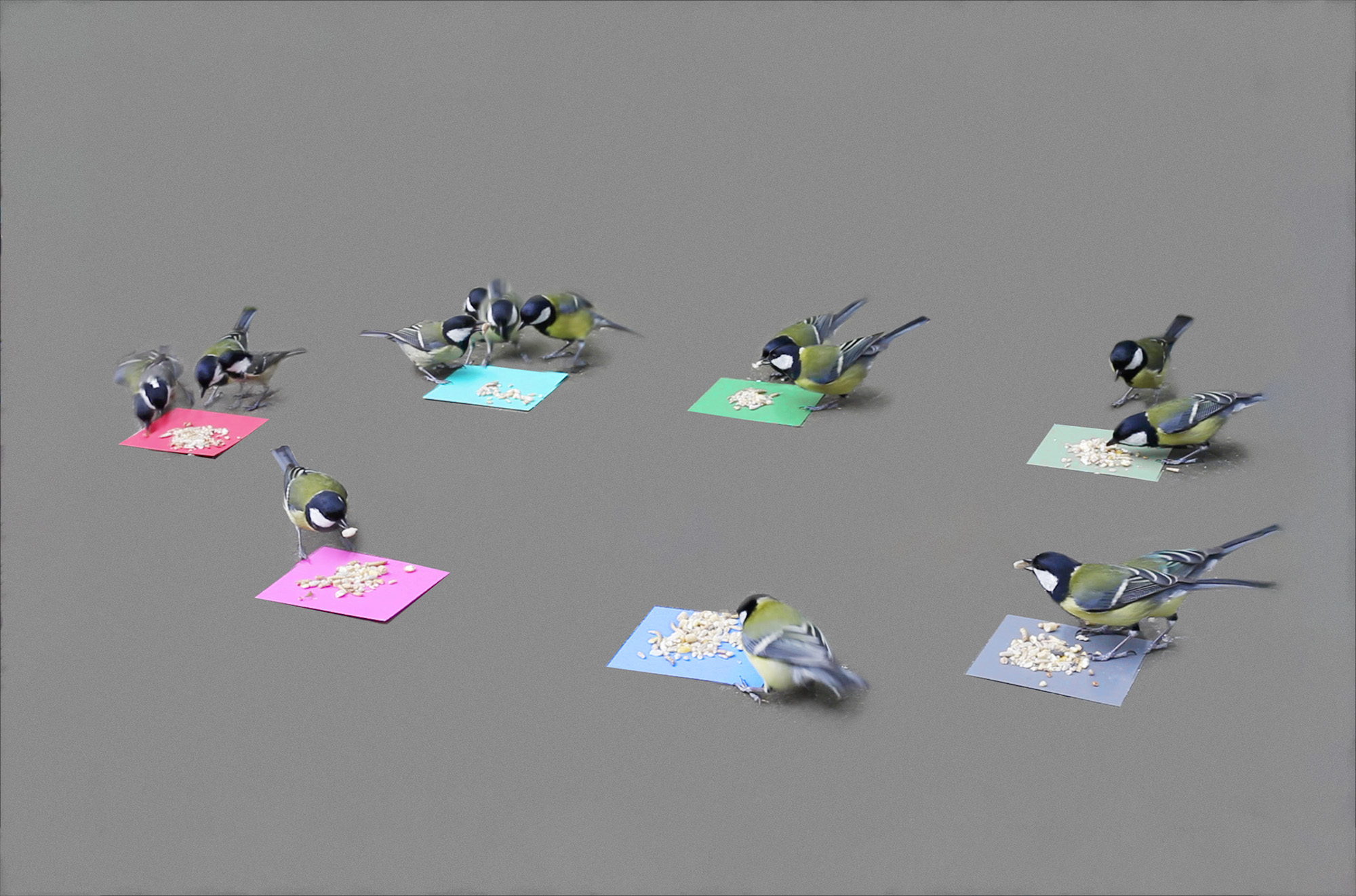
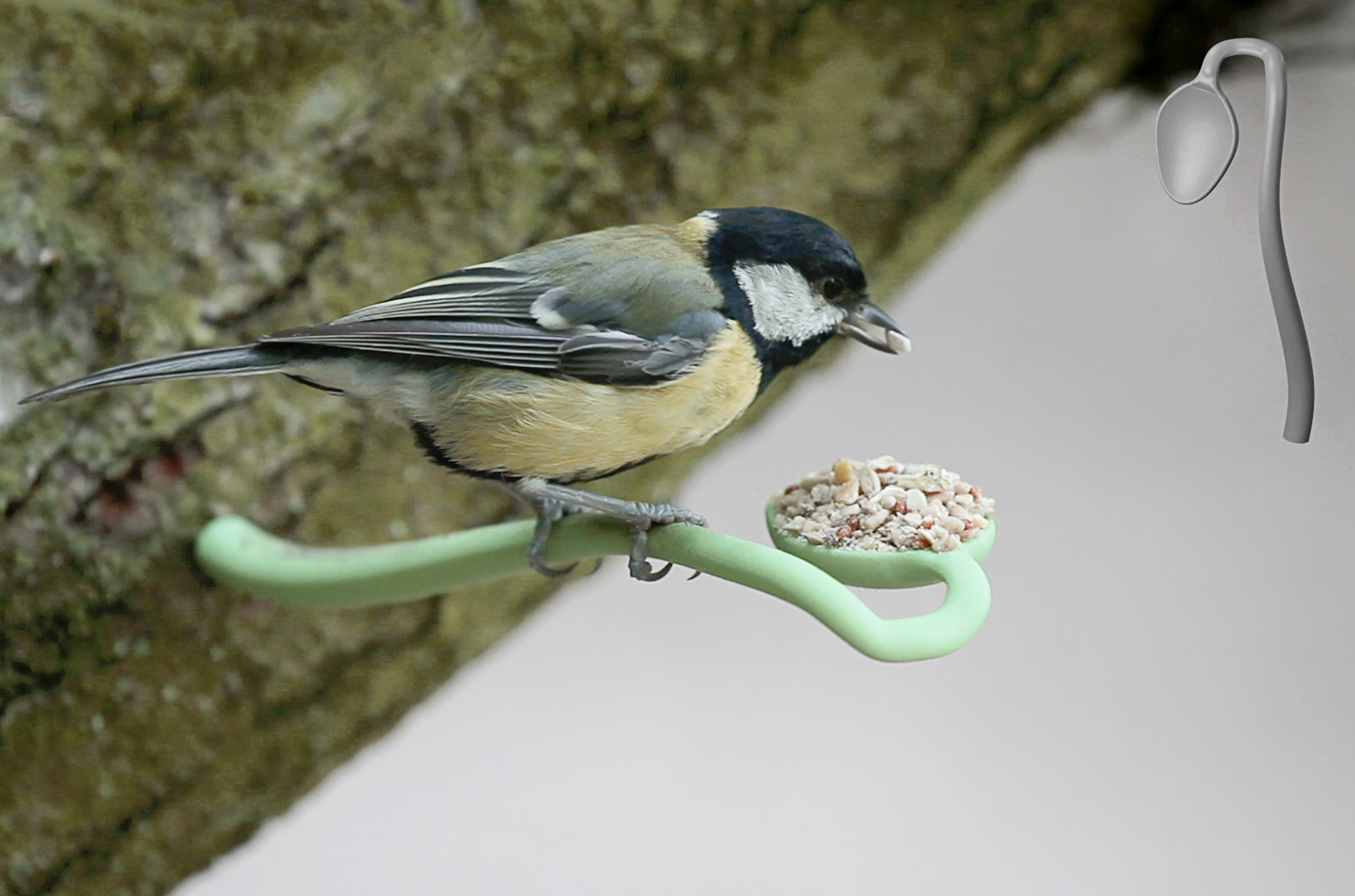

1 comment
Comments are closed.